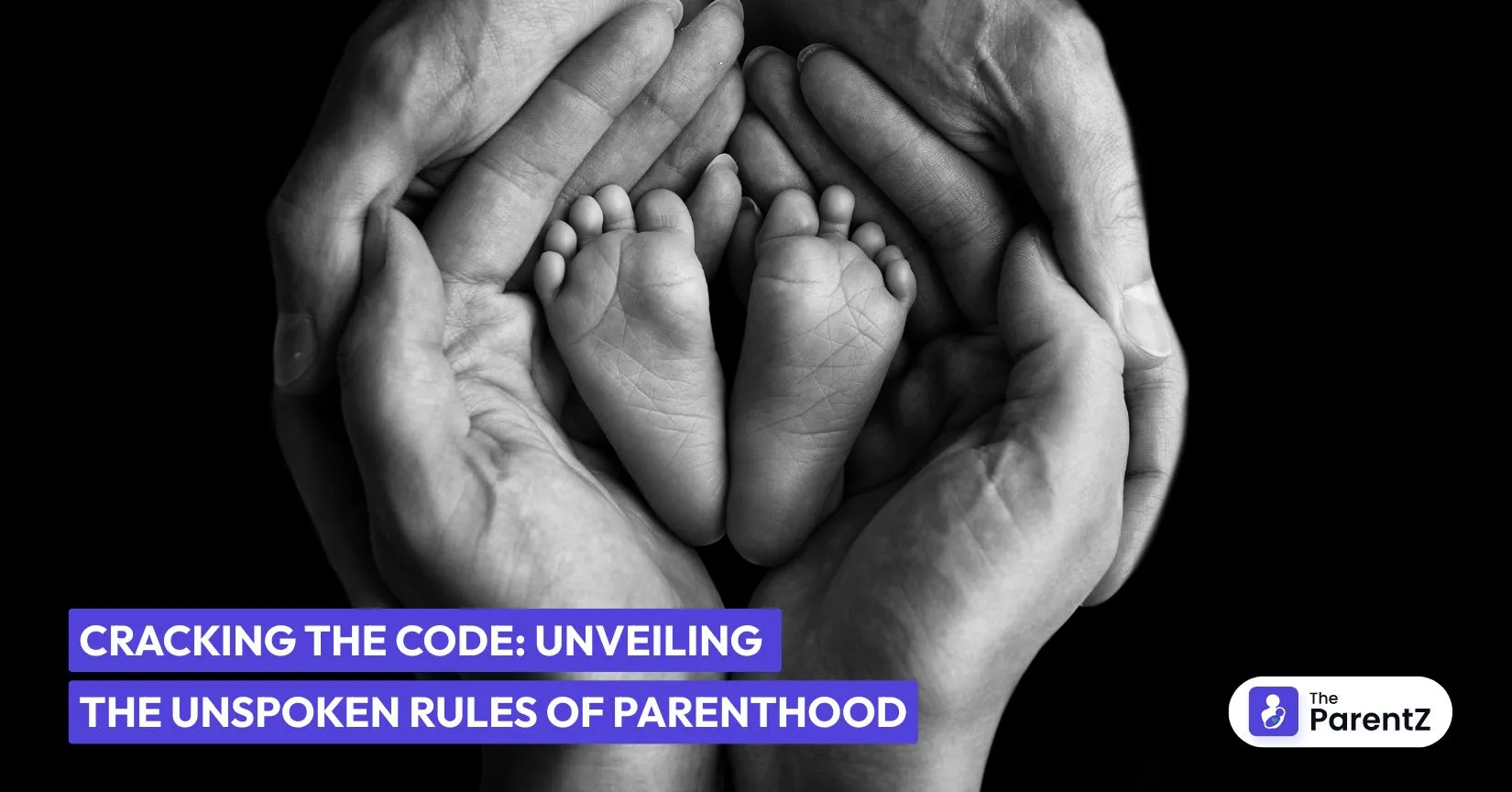Parenthood comes with no official manual. No comprehensive guidebook is handed over in the delivery room, yet somehow parents are expected to know and follow countless unwritten rules that govern this lifelong role. These silent expectations have been passed down through generations, evolving with time but remaining largely unspoken. Let's pull back the curtain on these mysterious parenting codes that everyone assumes you already know.
The Classic Rules That Never Die
The Public Behavior Code
Every parent recognizes that moment: a child throws a tantrum in the grocery store, and suddenly all eyes are on them. The unspoken rule? Control your child at all costs in public. Parents are expected to have magical powers that can instantly calm a screaming toddler while simultaneously appearing calm themselves. Nobody tells you that sometimes the best solution is to abandon your shopping cart and head for the exit.
The Milestone Monitoring System
Parents are silently expected to track their child's development against an invisible timeline. When did they smile? Roll over? Walk? Talk? The unspoken expectation is that parents should worry if their child isn't hitting milestones "on time," without acknowledging that development varies widely among children. The pressure to have a child who develops "on schedule" has burdened generations of parents with unnecessary anxiety.
The Mealtime Mythology
"Good parents" ensure their children eat balanced meals, preferably homemade with organic ingredients. This expectation has evolved from simple "clean your plate" rules of previous generations to today's elaborate nutritional requirements. What remains unspoken is that sometimes chicken nuggets for dinner is what keeps everyone sane, and that's perfectly okay.
The Modern Parenting Commandments
The Screen Time Scrutiny
Today's parents face judgment about technology that previous generations never encountered. The unspoken rule? Limit screen time, but also ensure your child is technologically literate enough to succeed in the digital age. Parents are expected to strike this impossible balance without clear guidelines on how much is too much or too little.
The Social Media Surveillance Directive
Modern parents must monitor their children's online presence while simultaneously respecting their privacy. They're expected to know every platform, understand every potential danger, and have eyes everywhere at once. What nobody mentions is that this is an impossible task, and finding a balance between protection and trust is an ongoing struggle.
The Enrichment Equation
Ballet. Cricket. Coding. Chess Club. Today's parents face pressure to provide endless enrichment opportunities. The unspoken message: if your child isn't involved in multiple activities, they'll fall behind. What's rarely acknowledged is that unstructured play time and rest are equally valuable for development.
The Gender-Specific Guidelines
The Mom Code
Mothers are silently expected to be the emotional center of the family. They should manage the household, remember everyone's schedules, buy gifts for teachers, coordinate playdates, and never complain about the mental load. What's left unsaid is that these expectations often lead to burnout and resentment.
The Dad Standard
Fathers who change diapers or attend parent-teacher conferences are still sometimes celebrated as exceptional, while mothers doing the same tasks receive no special recognition. The unspoken expectation that dads are "helping" rather than equally parenting continues to persist, despite progress toward more equal parenting partnerships.
Rules Worth Breaking
The Consistency Commandment
"Be consistent" is parenting advice as old as time. What this rigid rule fails to acknowledge is that parents are human. Sometimes they're tired, stressed, or simply change their minds. Children benefit from seeing adults adapt and evolve their thinking, rather than sticking to rules for consistency's sake.
The Selflessness Statute
Perhaps the most damaging unspoken rule is that good parenting requires complete self-sacrifice. Parents—especially mothers—are expected to put themselves last, always. This outdated notion ignores that children benefit from seeing adults who value self-care and pursue their own passions. A parent who maintains their identity beyond parenthood models healthy boundaries for their children.
The Perfection Principle
The expectation of flawless parenting has perhaps never been higher than in today's social media age, where curated glimpses into others' family lives create impossible standards. The truth nobody speaks aloud enough? Perfect parenting doesn't exist, and pretending it does harms everyone involved.
Conclusion
What becomes clear when examining these unspoken rules is that many exist not because they benefit children, but because they maintain social order or reflect cultural values that may no longer serve modern families. The parents who find the most joy and success are often those who learn which rules matter for their unique family and which can be thoughtfully set aside.
Parenting doesn't require following an invisible rulebook passed down through generations. It requires presence, adaptation, and the courage to question expectations that don't serve your family's wellbeing. The most important unspoken truth? There's no single right way to raise a child, and the confidence to create your own playbook might be the most valuable parenting skill of all.





Be the first one to comment on this story.